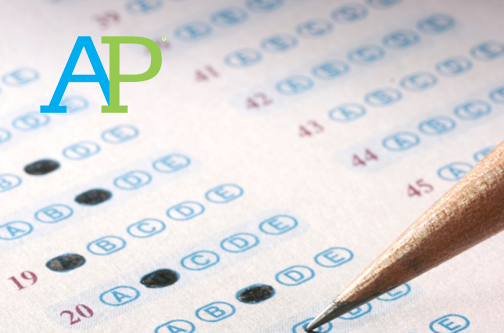The Future of AP Exams
 Changes in College Admissions
Changes in College Admissions
It seems that college admissions, like everything else in this strange time, is changing at a lightning speed pace. Admissions testing is no exception. Many colleges and universities chose to waive previously required ACT and SAT score submission in the most recent admissions cycle and beyond, dramatically changing the landscape for applicants and colleges alike.
Changes to AP Exams
Another change receiving less attention was the decision made by the College Board, a non-profit educational testing organization (think SAT) which also produces and oversees the Advanced Placement program, better known as APs. Earlier this year, the College Board discontinued offering the SAT Subject Tests, a series of one-hour exams intended to provide admissions offices with a national standardized score of a student’s aptitude within a specific subject area (literature, math, science, world language, etc.). That the College Board did away with these exams is no surprise to most within the college admissions sphere. As with the SAT and ACT, the recent pandemic challenged the ability to provide SAT Subject Tests safely for students. Furthermore, with the exception of a few highly selective colleges and universities, most colleges did not require, recommend, or even consider SAT Subject Test scores for admissions criteria, so far fewer students registered for these peripheral exams. In other words, the demand for the SAT Subject Test was already dwindling, and the pandemic sealed its fate.
Reducing Demands on Students
At first glance, the removal of yet one more test (and one more stressor for already overburdened college applicants) appears to be a purely altruistic move by the College Board. But there’s more here than that. According to their website, the College Board decision indeed was done in the spirit of “reducing demands on students.” But it goes on to say, “The expanded reach of AP and its widespread availability means the Subject Tests are no longer necessary for students to show what they know.” Clearly, they’re relying on (banking on?) a focal shift to AP courses and exams as a piece of the college admissions criteria. It makes sense. The AP programs, although not universally offered, are well-established. Although there’s been some recent declines in test-takers, particularly in minority populations, the hope is, logically, to build and improve on an already successful program, making it more accessible to students across the socio-economic spectrum and, perhaps, making it indispensable for students applying to college. And even though the College Board is a non-profit, they are quite aware that the rise of AP exams means the rise of AP registration fees coming in as revenue, which would help counteract the demise of the SAT Subject Tests and decrease in students registering for the SAT.
Colleges Favor Students Who Have Taken AP Exams
What’s more, colleges and universities like to see applicants with AP coursework and test scores. AP courses allow students to experience college-level work, build time-management and critical thinking skills, and prepare for academic success beyond high school. The AP exams assess students’ deeper knowledge in specific subject areas, perhaps even more so than the now defunct SAT Subject Tests. Some argue that preparation for the AP exam and scoring well are indications that the student can demonstrate not only an ability to produce college-level work but also a proactive attitude toward academics. And other traditional measures, namely the SAT and ACT, may never return to their widespread pre-pandemic utility. But will colleges and universities utilize AP exams scores as concrete data points for admissions? Like just about everything else in a post-pandemic world, only time will tell. But it’s safe to assume that we are likely to witness an increase in the popularity of the AP program.
If you have any questions regarding the future of AP exams, don’t hesitate to contact the Moxie College Counseling team.
Share this article

Follow us
A quick overview of the topics covered in this article.
Latest articles
Reading Time : 5 mins
Reading Time : 5 mins
Reading Time : 4 mins




